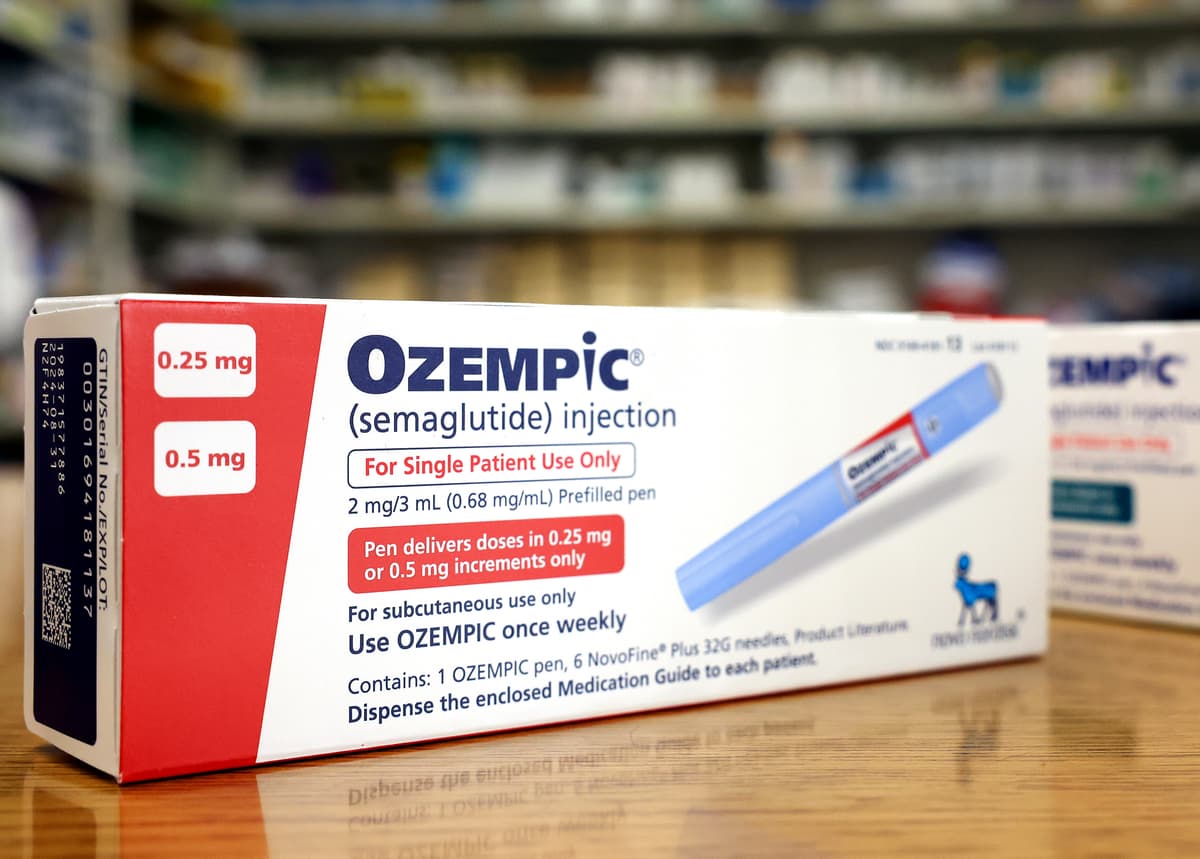Could Biden Administration’s Proposal To Cover Weight Loss Drugs Lead to ‘Surge in the National Debt’?
‘I suspect that the cost of this single executive action will end up exceeding all the savings that DOGE generates put together,’ says one observer.

The Biden administration’s latest proposal to allow Medicare and Medicaid to cover weight loss drugs such as Ozempic and Wegovy could bring expanded coverage for millions of Americans — and with it, a hefty price tag for taxpayers.
The White House says the proposed regulation, announced Tuesday, would help 3.4 million Americans with Medicare and nearly 4 million with Medicare. While the health insurance programs currently cover the use of anti-obesity medications for conditions such as diabetes, the new proposal aims to cover them for obesity as well.
A login link has been sent to
Enter your email to read this article.
Get 2 free articles when you subscribe.

